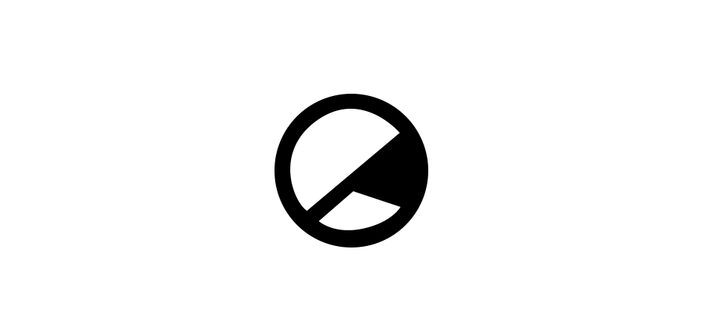If there’s one thing that so many children’s Fantasy and Young Adult Fiction series have in common, it’s the build up to an epic final battle, the good fight led by the young protagonist. Almost every essential piece of YA fiction in recent years follows this theme of young people taking the lead in a fictional war – but is this an inspiration for young readers to do great things, or a dangerous romanticised image of violence, sending the wrong message to an uninformed audience?
Harry Potter has magic. Divergent and The Hunger Games warn us of a dystopian future. The Mortal Instruments series introduces us to a world of demons, warlocks and vampires. The details change, but there’s one thing that always stays the same: the battle between good and evil, culminating in a final battle and telling us that young people can be a part of the fight. This narrative has been an integral part of so many childhoods, but what are the real life effects?
Of course, teenage heroes are not confined to the pages of our favourite books. More and more young people are taking control in society and fighting for what they believe in. Sixteen-year-old Greta Thunberg has been taking the world by storm with her fight against climate change, encouraging us to change our ways and stand up for the world we live in. Malala Yousafzai was just eleven years old when she started campaigning for women’s education rights; fifteen when she was shot for these beliefs. This shocking aspect of fantasy novels can be a reality. Considering war itself, army recruitment often begins in secondary school, and here in the UK 30% of those who enlisted last year were under 18. The issue with these narratives and the attraction of enlisting is that young people rarely see the true impact that combat can have on those who fight in them.
Having fictional role models gives young people a glimpse of the things they could achieve. It encourages children to think about what needs to change in our society. But this biased image of fictional combat feeds into a romanticised view of the real-life military. In many of these novels, the triumphant end to the battle marks the end of the book. A happy ending is of course important, but often it ignores the physical and emotional aftermath of war – trauma, loss and injury are much more common in reality. This creates a flawed image of war, doesn’t allow young people to make an informed decision at an age when enlisting is an option for them.
YA fiction is an powerful tool. Empowering young people and teaching them that they can make a difference in even the most overwhelming situations. But war is not confined to the pages of a book, and with so many young people drawn towards the army, YA literature has a responsibility to these young people to give them a more balanced depiction of conflict.




